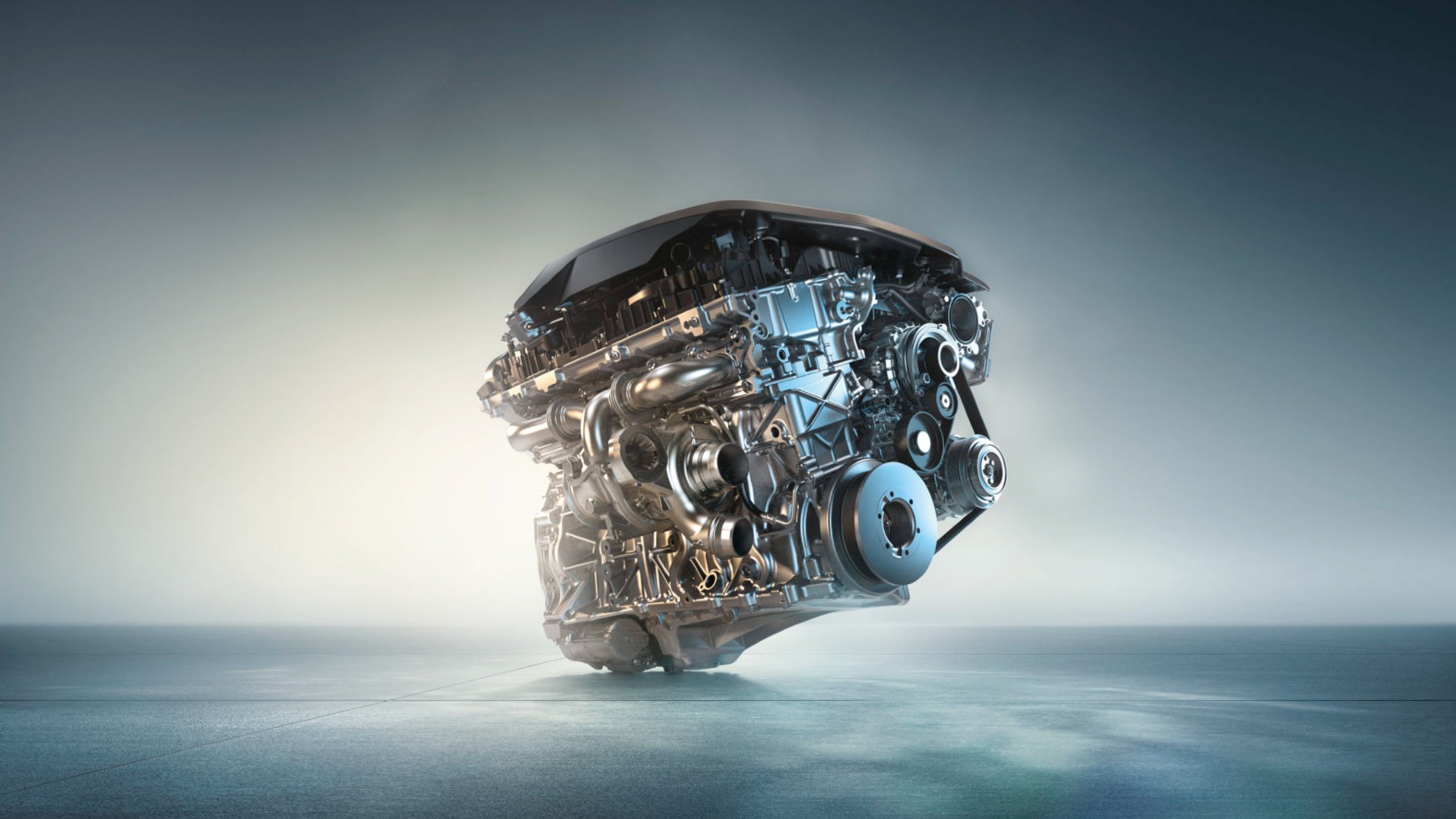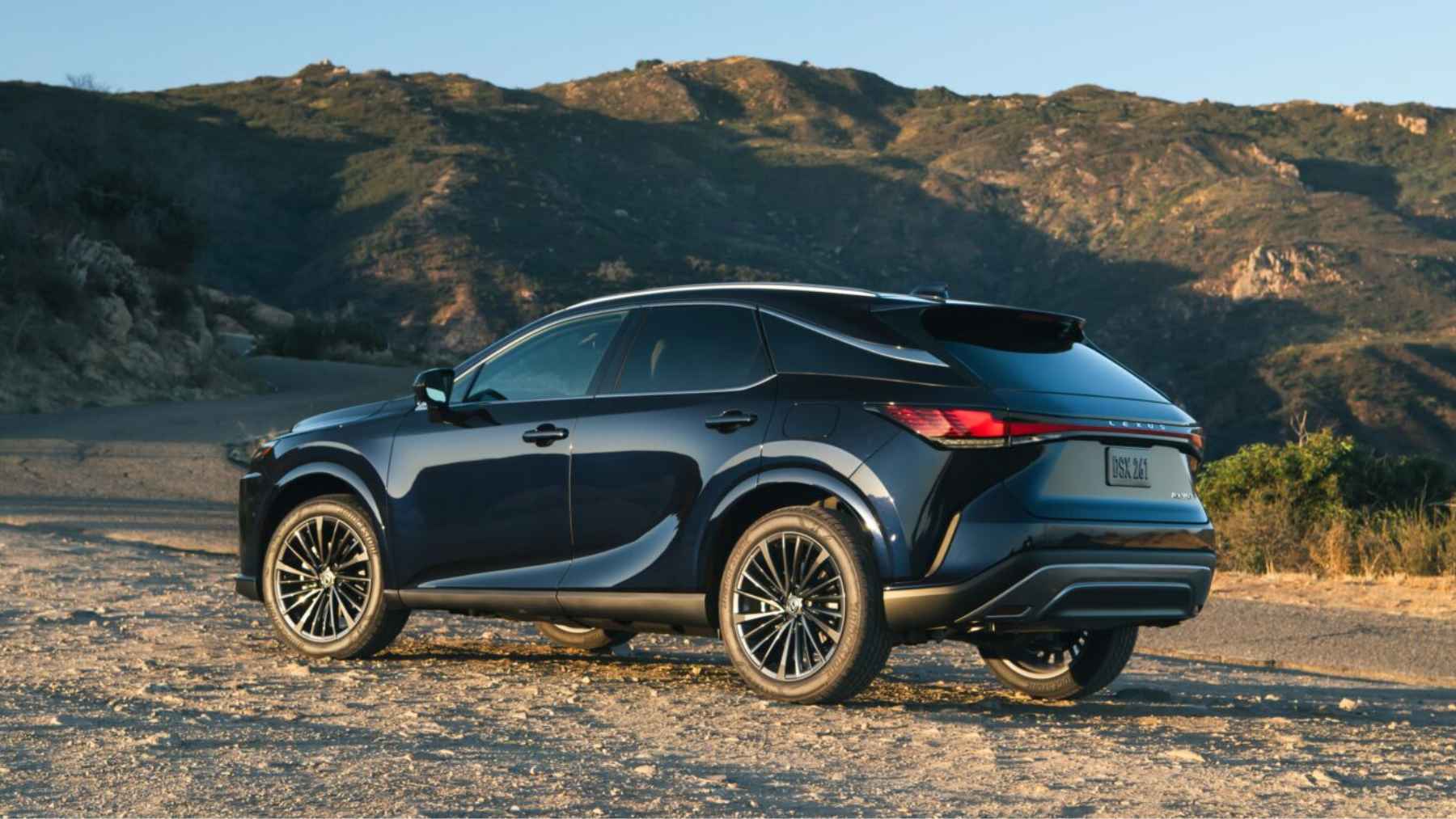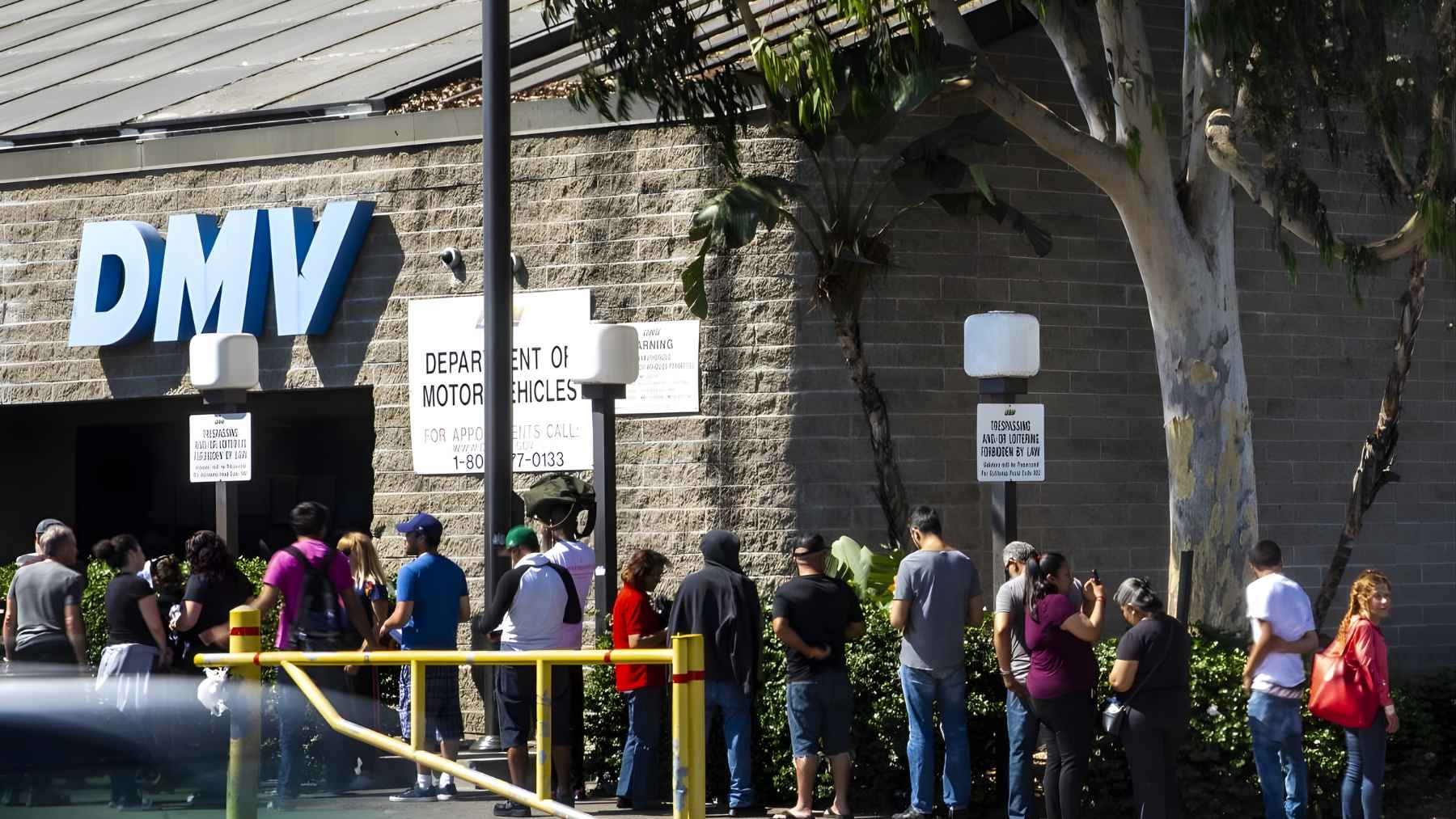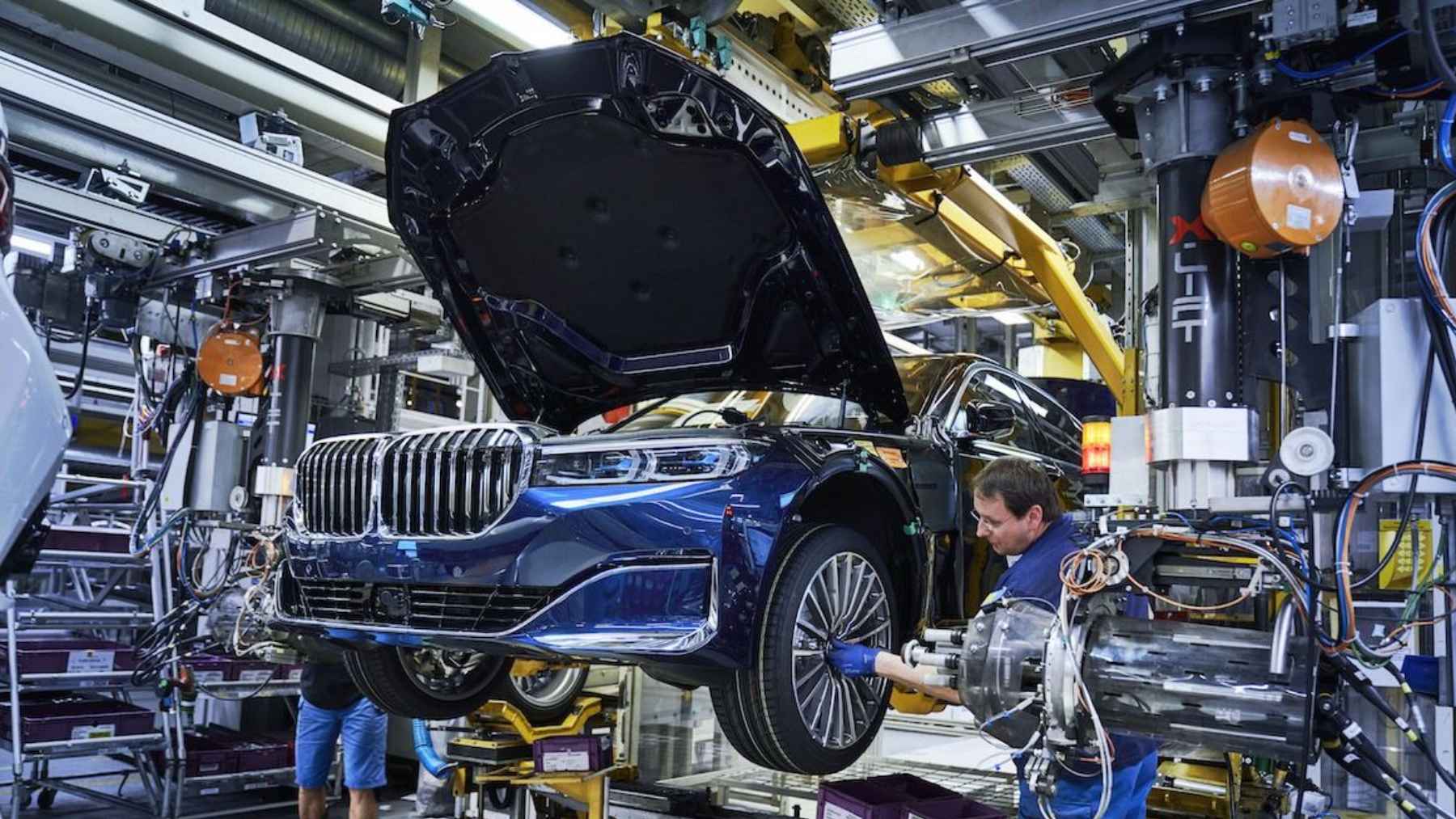BMW is joining the likes of Toyota and Hyundai with the recent announcements of their first hydrogen fuel-cell production car. Hydrogen has been taking the world by a storm and is fast becoming a popular alternative and complement to electrical engines. As the world continues to expand its renewable energy options, hydrogen stands as a welcomed new addition into the automobile world.
BMW and Toyota enter a join collaboration
Putting aside any rivalry, the German automobile company has announced their collaboration with Toyota (the largest automobile manufacturer in the world) to develop BMW’s first hydrogen fuel-cell powertrain into series production by 2028. Toyota has long been leading hydrogen developments since the early 2000s and stands as an ideal partner for BMW to work with as they expand their alternative engine offerings.
BMW has yet to reveal which of their vehicle models will be implemented with the new hydrogen drivetrain, however estimations are that it may very well be an SUV. It is unlikely that it will be used in the BMW iX5 Hydrogen vehicle prototypes. The drivetrain will most likely be implemented along with BMW’s Neue Klasse architecture which is set to go into production next year. BMW has stated that the new vehicle will use Toyota’s third-generation fuel-cell stack, which will cost 50 percent less to make and offer 20 percent more range per kilogram of hydrogen.
BMW expects turbulence with widespread implementation
Michael Rath, vice president of hydrogen vehicles at BMW Group, has noted the difficulty which lies ahead in implementing hydrogen vehicles on a large-scale. While their renewable energy properties offer a significant advantage to traditional fossil fuels and it is widely accepted that the fuel is set to play a major role in greening the transportation industry, it is unclear how far hydrogen will go in terms of fueling personal passenger vehicles.
While major automobile companies have commercial hydrogen-powered vehicles available for purchase, electric vehicles still dominate in terms of alternative engine sales- and in comparison to that, internal combustion engines still far outweigh any other engine on the road. For hydrogen engines to become widespread, significant upgrades to infrastructure will need to be made in order to support and convince consumers to make a trusted switch to the vehicles.
Hydrogen continues to offer hope for a decarbonized future
While hydrogen may not become a widespread solution for powering passenger vehicles, it holds significant promise in decarbonizing other industries. Hydrogen’s ability to provide a clean energy source makes it ideal for heavy-duty sectors such as shipping, aviation, and industrial processes, where battery-electric solutions may not be as practical due to energy demands or weight constraints.
Hydrogen fuel cells are already being explored for long-haul trucking and large-scale industrial applications, where their high energy density and fast refueling times offer clear advantages. Additionally, hydrogen can be used as a raw material in the production of steel, cement, and chemicals, helping to reduce emissions in some of the most carbon-intensive industries. While passenger vehicles may remain predominantly electric, hydrogen’s role in other sectors could be crucial for achieving a broader decarbonized future.
However, this does not mean that hydrogen will be ruled out entirely for passenger vehicles. While electric vehicles may remain the most widespread, automobile companies are recognizing the importance of remaining diversified as the world heads towards its decarbonization goals. To remain competitive, companies will need to ensure that they have a wide variety of green engine offerings not just to keep up with consumer expectations but also governmental policies.
If hydrogen is good enough for electric vehicle giant Tesla, is sure has significant potential within the automobile industry.














